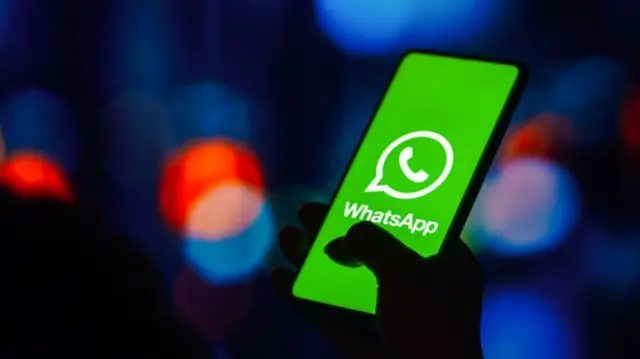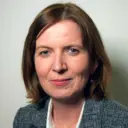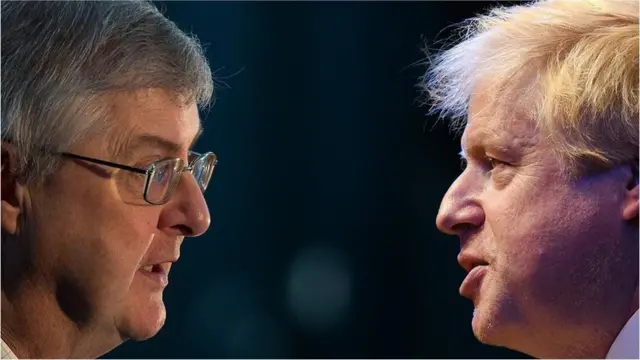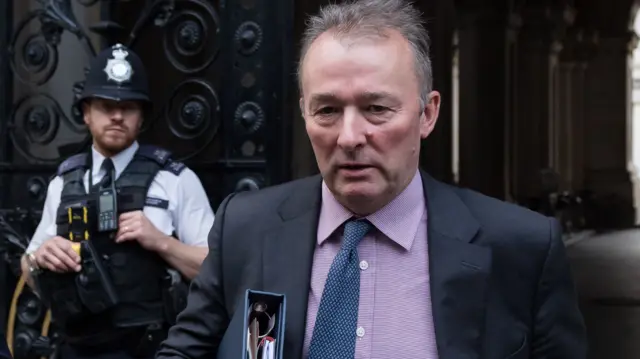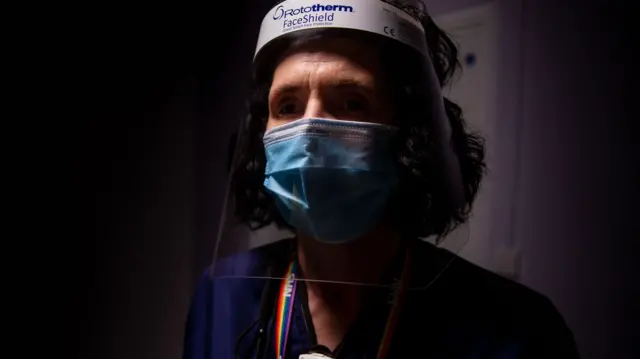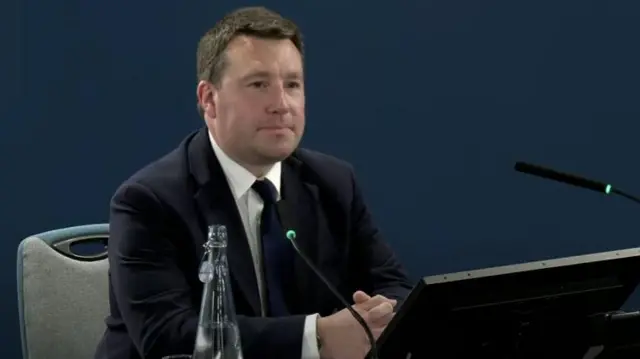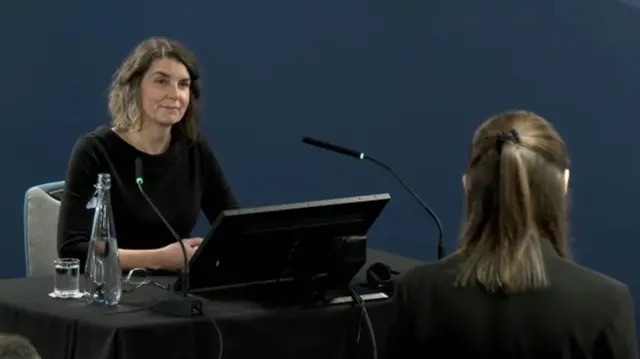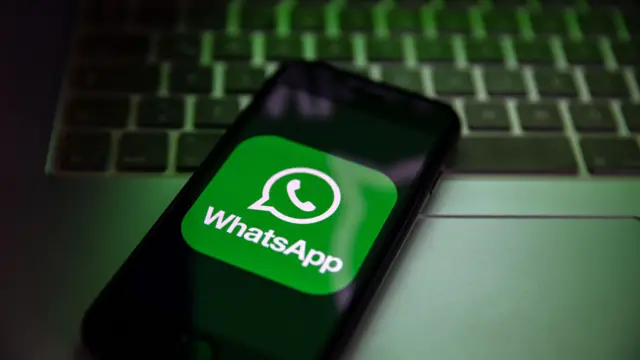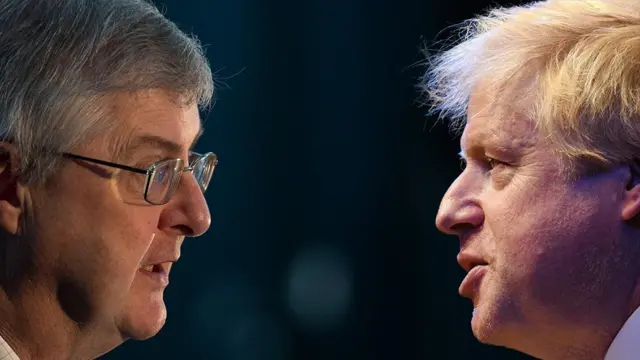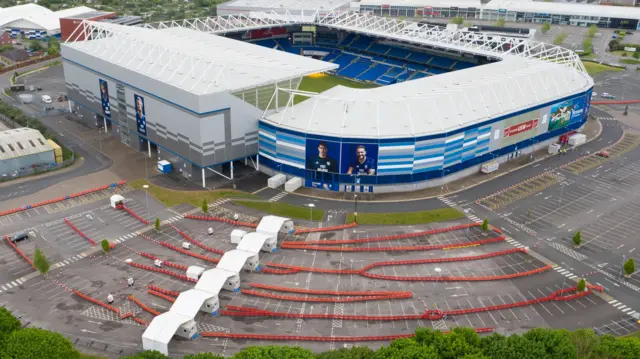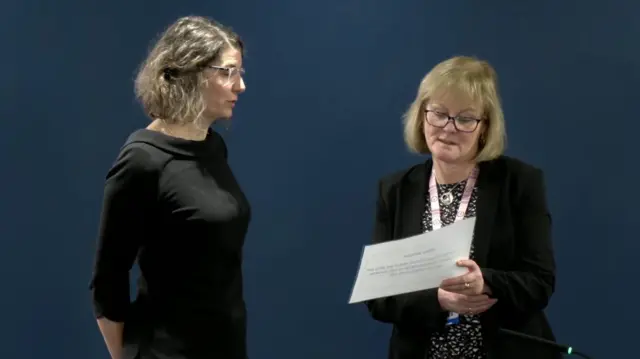Until next week - an early finish concludes our coveragepublished at 15:41 GMT 7 March 2024
Jack Grey
BBC Wales News
Have four days gone by already? The inquiry calls it a day and that's us done for the week.
Here are some of our biggest takeaways since Monday:
- A health expert says he was "astonished" that, by early March 2020, the Welsh government did not want to treat Covid as a civic emergency
- Mark Drakeford said locking down small areas during the autumn of 2020 was a "failed experiment"
- Covid was not a top priority for the Welsh government in January and February 2020, the former boss of NHS Wales said
- The UK government commissioned a mass Covid testing centre at Cardiff City Stadium without telling the Welsh government or Public Health Wales
- Welsh government ministers weren't sure about their own Covid rules, said former Welsh Secretary Simon Hart - referencing WhatsApp messages the inquiry collected
Thanks for following our coverage and we hope you enjoyed it.
Next week: The big guns.
All of Monday is set aside for pandemic Health Minister Vaughan Gething and on Wednesday Mark Drakeford has all day to conclude the inquiry's visit to Wales - just days before he steps down as first minister.
We'll see you then.
